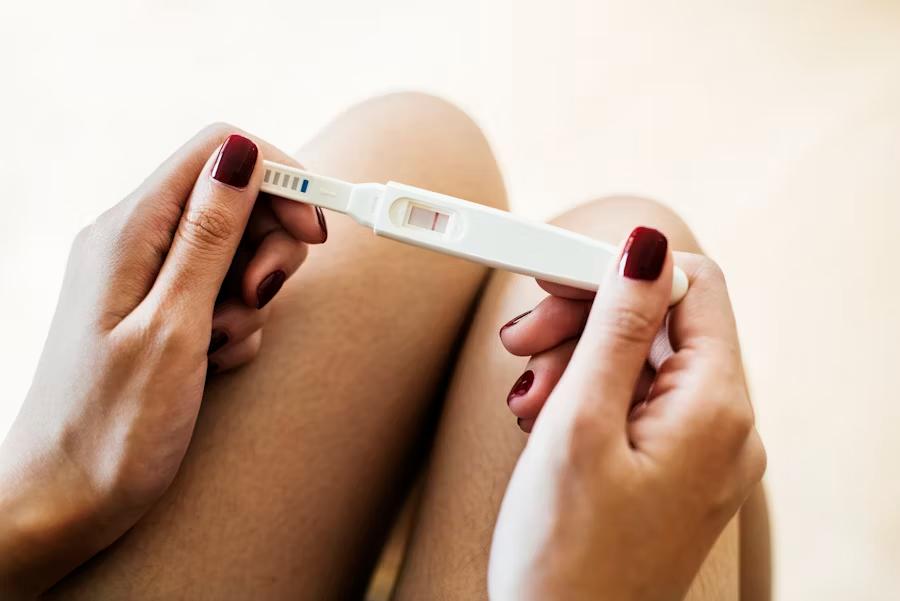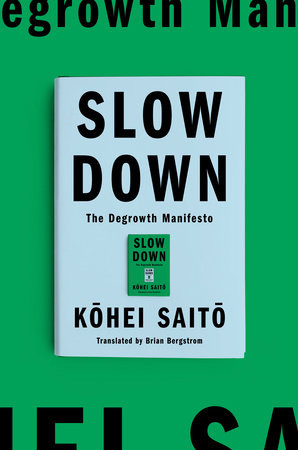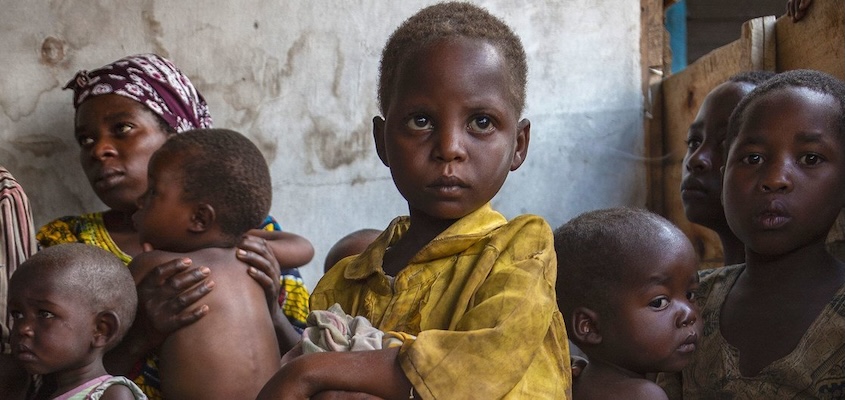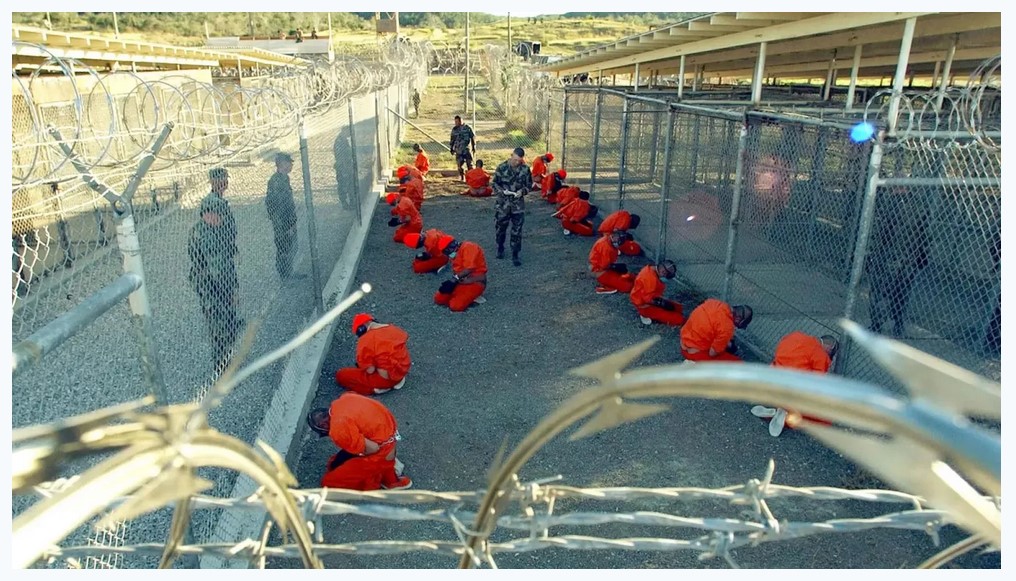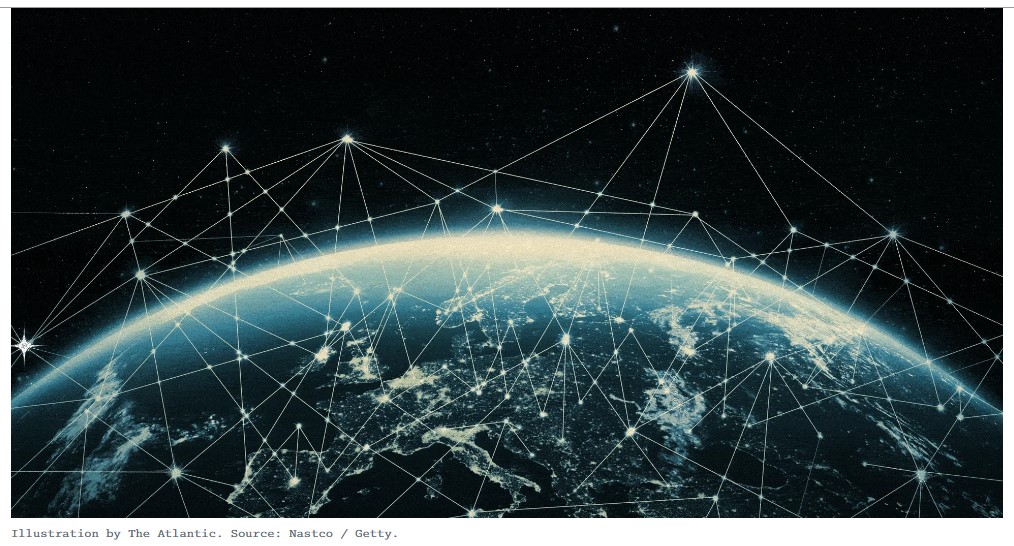Category: Less of What We Don’t Need
-

The Racist Argument of Zionist Nationalism
Propaganda thrives on selective amnesia, often bolstered by political alliances. The strong relationship between Israel and the United States has enabled the mainstreaming of Zionist narratives in American media. Israel is often described as the “51st state” of the United States — yet unlike actual states, Israel pays no taxes to Washington while receiving approximately…
-

Unhealthy food makers target youth with pervasive ads that fuel long-term health risks, decades of research shows
Unhealthy food and beverage companies powerfully undermine the eating habits of young people by deploying ubiquitous ads that encourage poor dietary choices and increase the risk of serious disease and premature death, according to a sweeping new study published in Obesity Reviews. The more high-fat, high-sugar, and salty food ads young people see, the more…
-

Glyphosate poses widespread risks to female fertility and reproductive health
Glyphosate, the world’s most widely used herbicide, disrupts female hormones and damages the ovaries and uterus in ways that can make it more difficult for women to get pregnant, according to a new review of human and animal research. The study, published in Reproductive Sciences (March 21, 2025), also found that glyphosate may be tied…
-

Can degrowth communism save the world?
Degrowth communism. It is hard to think of two more triggering words. Words which raise red flags. It is difficult to conceive of two more seemingly contradictory terms. Degrowth, which to many raises images of voluntary poverty in a somewhat bucolic, post-industrial, neo-anarchistic setting. Contrasted with communism, which stirs up pictures of Soviet smokestacks, forced…
-

Rakeez: Wounding of Sheikh Sa’id and the Arrest of His Son
Avigail settlers wish to take over and annex Palestinian lands of Rakeez. On April 15, 2025 Rakeez resident Sheikh Sa’id awoke to the sound of heavy equipment entering from Avigail into his fields. Two days later Avigail settlers returned to the field. When Sheikh Sa’id and his 15-year-old son arrived they were attacked by the…
-

Commemorate Genocide against the People of DR Congo
The Congolese Action Youth Platform (CAYP) is campaigning for the recognition of the Genocide against the people of DR Congo to be commemorated on August 2nd, the anniversary of Rwanda and Uganda’s 1998 invasion of Congo. Ann Garrison spoke to CAYP’s Gaëtan-Dauphin Nzowo.
-

122 Years of U.S. Imperialism in Guantánamo: From Torture to Migrant Detention
While Trump is operating an overtly barbarous campaign against immigrants, refugees, LGBTQ people, and other groups, the continued use of Guantánamo demonstrates that this is much bigger than just one president: the United States is a carceral-imperial state.
-

Most U.S. infant formulas contain mainly added sugars, posing a serious risk to babies’ health
Most infant formulas in the U.S. contain mostly added sugars instead of natural lactose, which experts say can harm early development, a new report from the University of Kansas shows. “Infants may consume upwards of 60 grams of added sugars per day, or the equivalent of two soft drinks per day if they are entirely…
-

Elon Musk’s Most Alarming Power Grab
Musk first announced his intention to build a space-based internet, which he would eventually call Starlink, in January 2015. He had plans to settle Mars, then the moons of Jupiter, and maybe asteroids too. All those space colonies would have to be connected via satellite-based communication; Starlink itself might one day be adapted for this…
-

Why do CEOs and employees Not share the same workday?
For a CEO, work is often a seamless blend of decision-making, networking, and strategising—activities that can happen anywhere, from the back of a car to a five-star hotel. For their employees, however, work is defined by rigid hours, physical presence, and often mundane, repetitive tasks. While a boss may count a coffee meeting as part…



